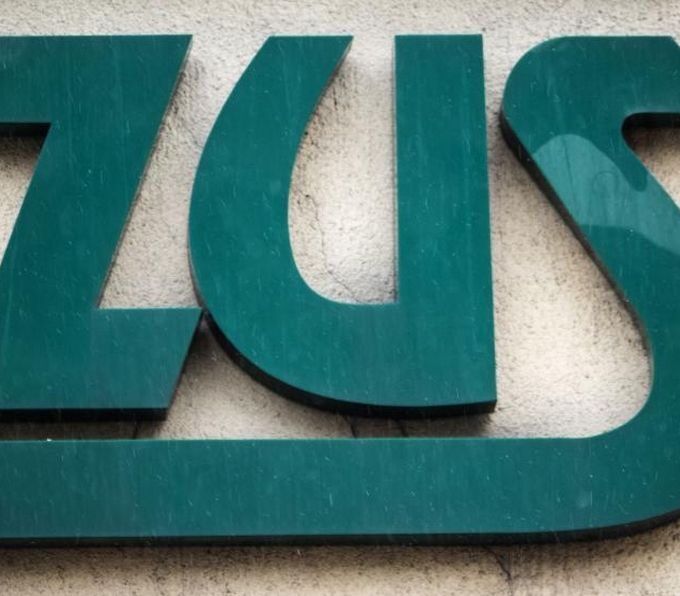Publications 22.05.2025
Incidental work and the right to sickness benefit

ZUS Revoked Sick Leave Benefit
Recently, the Polish Social Insurance Institution (ZUS) revoked an insured person’s right to receive a sickness benefit. The reason for the decision was the insured logging into the company’s system and clicking a single button to confirm the list of people covered by social insurance. The insured disagreed with the decision and filed an appeal. Ultimately, the court did not share the reasoning of ZUS and overturned the decision, granting the insured the right to the sickness benefit for the disputed period.
In this case, the insured was employed under an employment contract. Additionally, under a mandate contract (umowa zlecenia), she was responsible for managing group insurance. Her duties included confirming the number of people covered by the insurance, which involved logging into the company system and clicking the appropriate button. The insured was on medical leave at the time. Despite this, she carried out her duties under the mandate contract by logging into the company system and confirming the number of insured individuals. For performing this task, she received a remuneration of PLN 728.56. It is worth noting that according to the mandate contract, the insured could not delegate the task to a third party without the principal’s consent. Under these circumstances, ZUS concluded that she misused her sick leave by performing work during this time. As a result, ZUS denied her right to the benefit and demanded repayment of the allegedly unduly received amount. The insured appealed this decision.
The Court’s Position
The case was heard by the District Court in Łomża. The court indicated that, under the law, a sickness benefit is granted to an insured person who, due to illness, becomes unable to work. Thus, the benefit is meant to replace the salary the employee would have earned if not for the illness. It is not an additional gain, but compensation for lost income. The court referred to Article 17 of the Act on Cash Benefits from Social Insurance in Case of Sickness and Maternity. This provision outlines two independent grounds for losing the right to a benefit. The first is performing paid work during the period of incapacity for work; the second is using the sick leave contrary to its purpose. In this case, ZUS based its decision on the latter ground.
Upon reviewing the matter, the court found that the actions performed by the insured under the mandate contract were incidental, brief, simple, and necessitated by circumstances. Confirming the list of insured individuals was essential in this context. The court explained that the task did not require physical or intellectual effort and, therefore, did not affect the course or purpose of the medical leave. Moreover, the court noted that if the insured had not done it herself, she would likely have had to inform someone else, which probably would have taken more time. It was also noted that the remuneration for this task amounted to only 0.07% of the sickness benefit. The court concluded that such an amount could not be considered sufficient to support the insured and her family.
Finally, the court pointed out that the social insurance authority has the right to demand repayment of unduly received benefits only when the insured acted in bad faith. Therefore, the obligation to return the benefit applies only if the person knowingly and in bad faith accepts a benefit to which they are not entitled. The court emphasized that the purpose of the sickness benefit law is not to punish insured individuals for every minor instance of professional activity that in no way affects the goal or progress of medical leave. Additionally, stripping the insured of the right to a benefit for a prolonged period of leave due to one incidental action would undermine public trust in the state, violate the principle of social security, and be clearly unjust. Accordingly, the court reversed the challenged decision, granted the insured the right to the benefit, and found no grounds for requiring her to return it.
Publications 22.05.2025
See also
Publications

A mistaken transfer can be costly. From whom can you seek a refund? Supreme Court ruling.
Publications

The Polish Deal in a nutshell – summary of changes in taxes and labour law
Publications
The free acquisition of assets from non-registered companies by the State Treasury is unconstitutional.